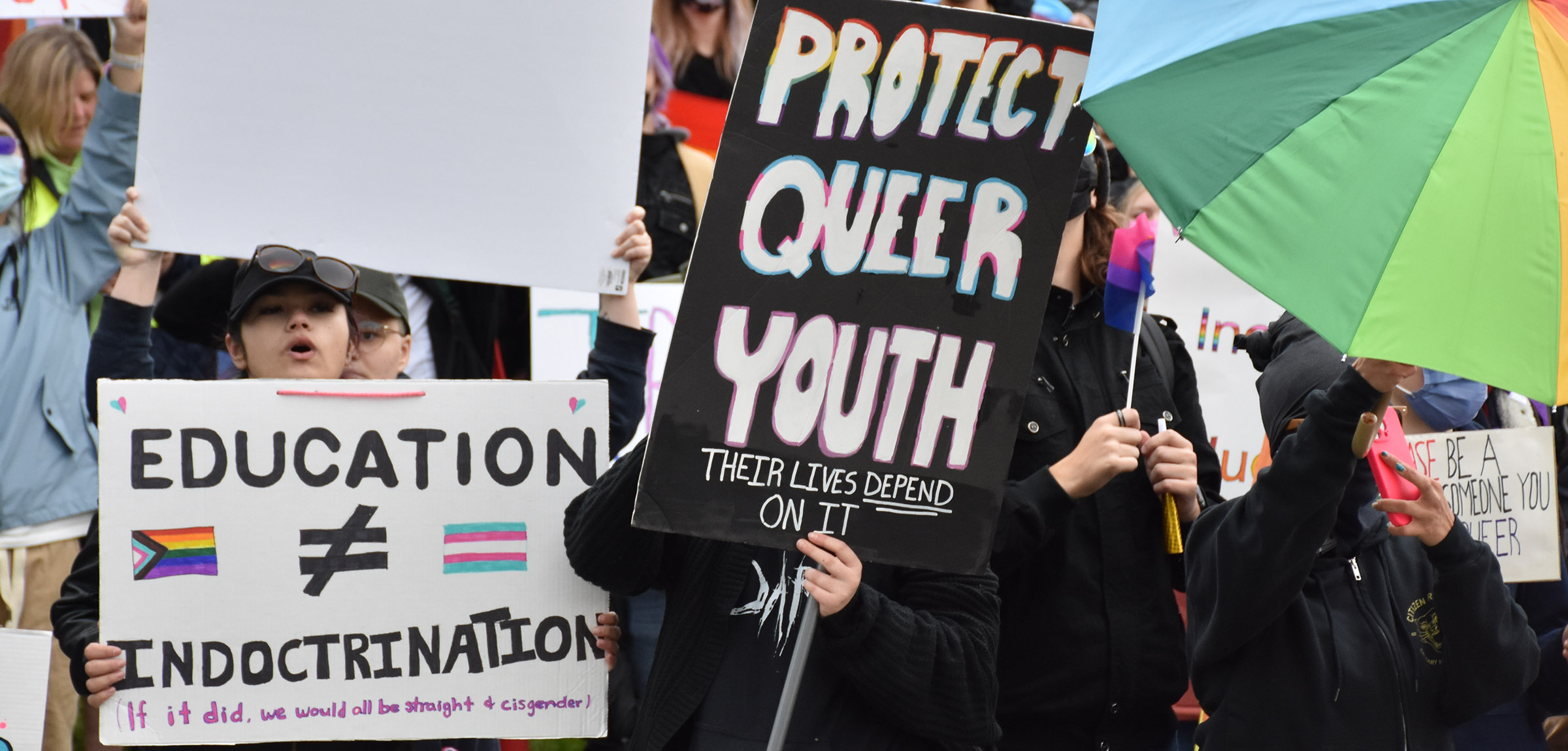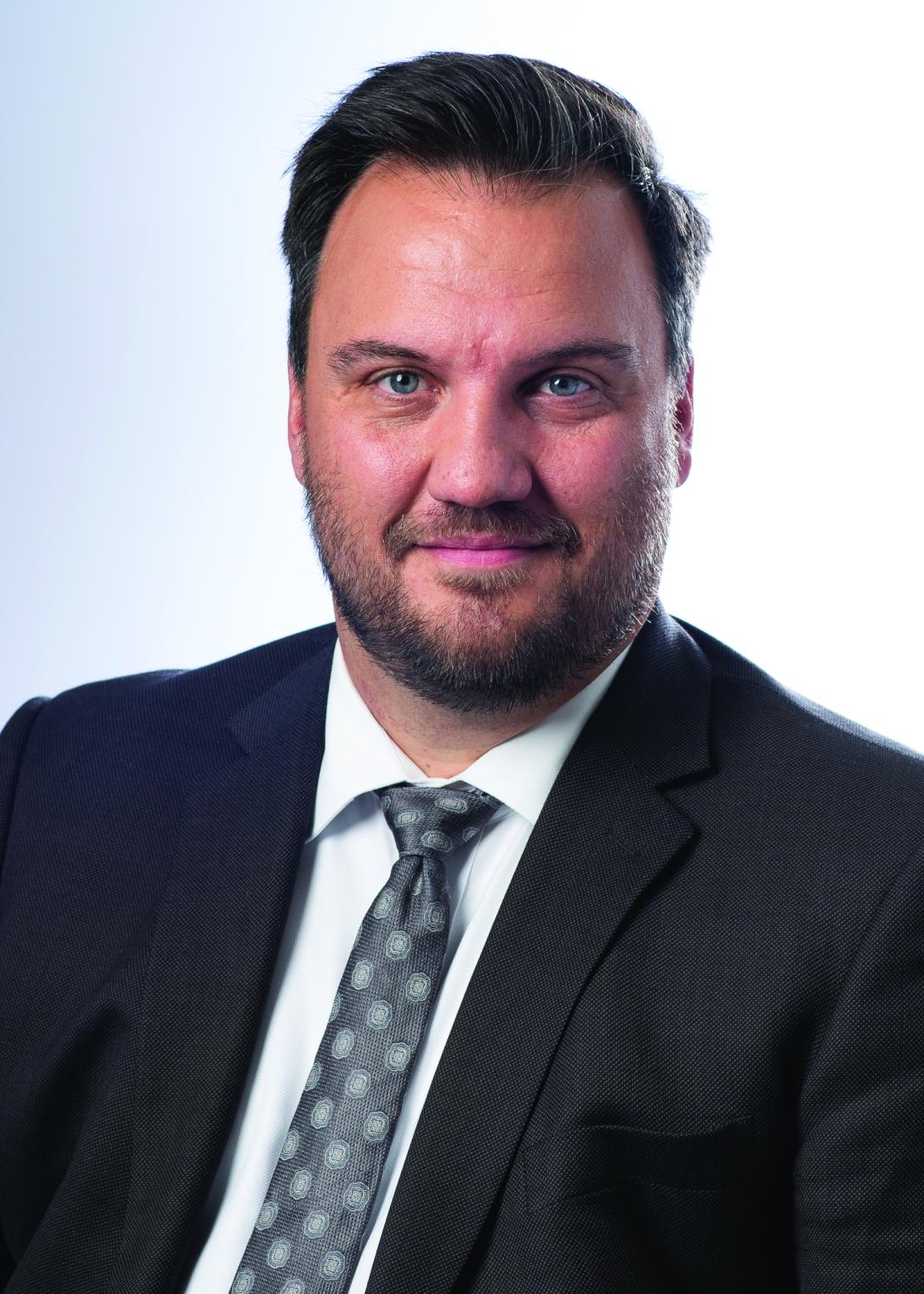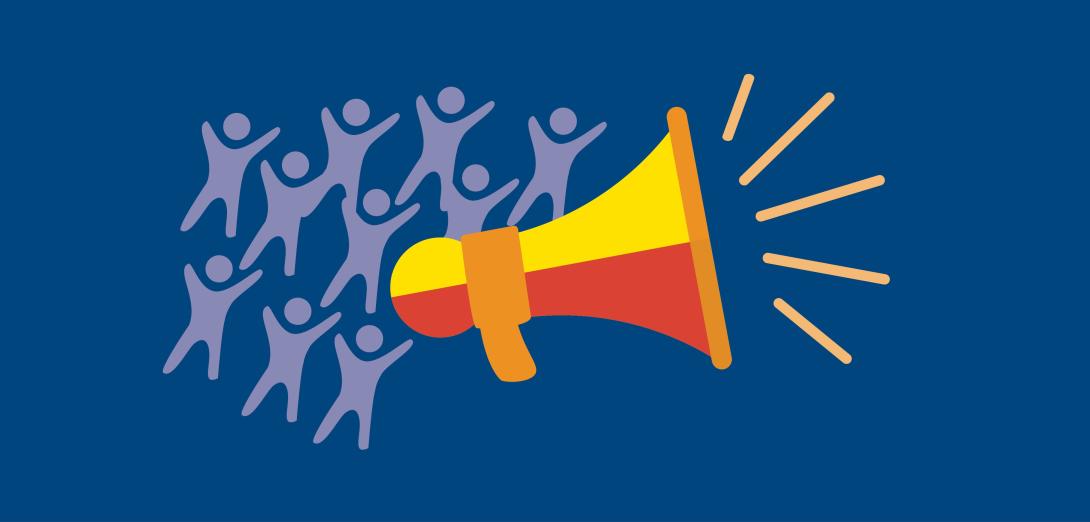What do I do if administrators, colleagues or parents feel strongly that we should not be discussing sexual orientation and/or gender diversity?
Remind them about the professional, ethical and legal responsibilities of Alberta teachers to ensure that all classrooms and schools are safe, caring and inclusive environments for all students regardless of differences. All school administrators and teachers have a professional obligation to become knowledgeable and informed about sexual minority educational issues.
What if people say that I am advocating a homosexual agenda by discussing these issues?
Administrators and teachers who address sexual minority educational issues are not advocating or promoting a homosexual agenda. They are creating a safe, caring and inclusive environment in which all students and their families can expect to be treated with dignity and respect.
What do I do if parents complain about the inclusion of SOGI issues in our school?
School administrators should consider holding an information session for parents to explain the nature and purpose of these sexual minority educational initiatives. This information is designed as a part of ongoing teacher professional development initiatives that emphasize the importance of creating safe, caring and inclusive learning environments for all students. As professionals, teachers have an obligation to meet the needs of their students. These needs include the concerns of sexual minority students and their families.
Source: Prism Toolkit for Safe and Caring Discussions About Sexual and Gender Minorities
What is SOGI 1 2 3?
SOGI stands for sexual orientation and gender identity.
SOGI 1 2 3 is a program operated in B.C. and Alberta by the ARC Foundation, a Vancouver-based organization whose mission is to foster awareness, respect and capacity through SOGI-inclusive K-12 education.
The program helps educators make schools inclusive and safe for students of all sexual orientations and gender identities. In its fifth year in Alberta, SOGI 1 2 3 has six Edmonton-area divisions participating in the Alberta SOGI Educator Network, which provides teachers with resources to help them engage with students in a safe and inclusive manner.
The SOGI 1 2 3 website states “SOGI-inclusive education is about treating everyone with dignity and respect. All students need to see themselves and their families reflected in lessons, language, and practices. Like other forms of inclusion in schools, the goal of SOGI-inclusive education is for everyone to understand the diverse society that we live in and to feel safe, valued, and respected.”
SOGI 1 2 3 provides ready-to-use, grade-appropriate SOGI-inclusive lesson plans that align with that curriculum. Teachers can adapt or adopt SOGI 1 2 3 lesson plans to meet the needs of their classrooms.
The program operates with support from the Alberta Teachers’ Association, the Stollery Charitable Foundation, the Edmonton Community Foundation and the Human Rights Education and Multiculturalism Fund.
More information is available at https://ab.sogieducation.org/.
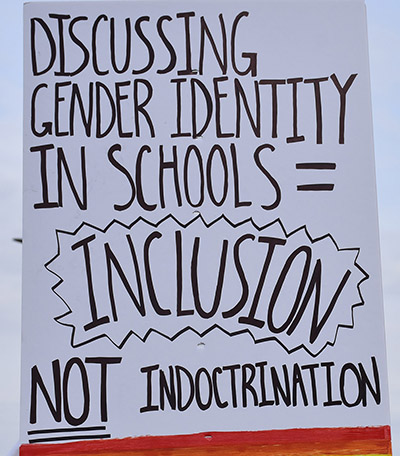
The Alberta Human Rights ActThe Alberta Human Rights Act prohibits discrimination on these grounds:
|
The Education ActSection 33 of the Education Act requires publicly funded school boards to provide students and staff with “a welcoming, caring, respectful and safe learning environment that respects diversity and creates a sense of belonging.” Section 58.1 of the Education Act requires that parents be provided with notice where courses of study, educational programs or instructional materials, or instruction or exercises, include subject matter that deals primarily and explicitly with religion or human sexuality. Where a parent makes a written request, a student shall be exempt, without academic penalty, from such instruction, course of study, educational program or use of instructional material. ECS to Grade 12 Guide to Education, Alberta Education |
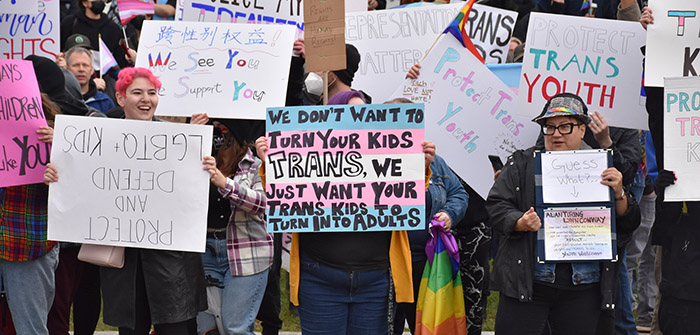
Code of Professional Conduct for Teachers and Teacher Leaders
Alberta’s Code of Professional Conduct for Teachers and Teacher Leaders states, in part, that
- In relation to students,
(a) the teacher or teacher leader shall respect the dignity and rights of all students and persons without prejudice as to the prohibited grounds of discrimination set out in the Alberta Human Rights Act and with regard to rights as provided for in the Canadian Charter of Rights and Freedoms, and be considerate of the circumstances of students and persons.
(b) the teacher or teacher leader is required to demonstrate a welcoming, caring, respectful and safe learning environment that respects diversity and nurtures a sense of belonging, which students are entitled to under the Act.
(d) the teacher or teacher leader shall not
(i) intentionally harm or abuse a student verbally, psychologically or emotionally, or
(ii) harm or abuse a student physically or sexually.
- In relation to parents of students, the teacher or teacher leader shall
(a) respect parents and be considerate of their circumstances,
(c) be respectful in communications with and about parents.
What does Alberta’s curriculum contain with respect to sexual orientation and gender diversity?
- In the final Physical Education and Wellness K–6 curriculum, the topic of puberty is first discussed in Grade 4. There are no specific references to 2SLGBTQ+.
- In the new social studies draft curriculum that is now being shared, there are outcomes focused generally on diversity and wellness. The areas of diversity mentioned are cultural, ethnic, religious and gender. One instance of gender diversity is found in the kindergarten curriculum.
- A thorough list of what topics are covered regarding human sexuality in which grades in Alberta curriculum can be accessed at teachingsexualhealth.ca.
Nancy Luyckfassel, ATA co-ordinator of Professional Development
